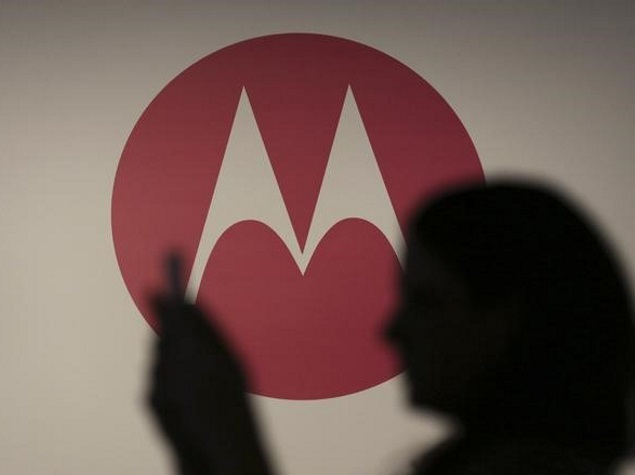- Home
- Mobiles
- Mobiles News
- Lenovo's Motorola Looks to Take Market Share From China Rivals
Lenovo's Motorola Looks to Take Market Share From China Rivals

Lenovo's acquisition, completed three months ago, ended Google's move into the consumer mobile handset business. The deal has turned personal computer-maker Lenovo into a challenger in the higher-end smartphone market, competing with Samsung Electronics and Apple Inc.
"The (Chinese) market itself is so big here and Motorola has no share today, so we believe that what we're really going to succeed in doing is hopefully take some share from other people in the market," Rick Osterloh, President of Motorola Mobility told Reuters.
Motorola will compete in China with Apple and Samsung in the premium smartphone market and with the world's third biggest smartphone maker Xiaomi Inc in mid- and mid-high level phones. Lenovo is already the number two smartphone maker in China.
"Our approach is to have global products tailored and customised for local markets," Motorola's Osterloh said. Motorola will also stick to relatively high-end products, he said.
Bryan Ma, a Singapore-based analyst at tech research firm IDC, said Motorola might test the waters with smartphones designed for the Americas, but in the next 12-24 months they could announce more localised products.
"They're trying to introduce themselves to a new group of friends and trying to establish street cred," Ma said. "What they have in their pockets is assets from the U.S."
"The good thing is Lenovo has enough of a strong cash position and local channel presence that they can bankroll Motorola in the country for while," Ma said.
© Thomson Reuters 2015
Catch the latest from the Consumer Electronics Show on Gadgets 360, at our CES 2026 hub.
Related Stories
- Samsung Galaxy Unpacked 2025
- ChatGPT
- Redmi Note 14 Pro+
- iPhone 16
- Apple Vision Pro
- Oneplus 12
- OnePlus Nord CE 3 Lite 5G
- iPhone 13
- Xiaomi 14 Pro
- Oppo Find N3
- Tecno Spark Go (2023)
- Realme V30
- Best Phones Under 25000
- Samsung Galaxy S24 Series
- Cryptocurrency
- iQoo 12
- Samsung Galaxy S24 Ultra
- Giottus
- Samsung Galaxy Z Flip 5
- Apple 'Scary Fast'
- Housefull 5
- GoPro Hero 12 Black Review
- Invincible Season 2
- JioGlass
- HD Ready TV
- Laptop Under 50000
- Smartwatch Under 10000
- Latest Mobile Phones
- Compare Phones
- Tecno Spark Go 3
- iQOO Z11 Turbo
- OPPO A6c
- Samsung Galaxy A07 5G
- Vivo Y500i
- OnePlus Turbo 6V
- OnePlus Turbo 6
- Itel Zeno 20 Max
- Lenovo Yoga Slim 7x (2025)
- Lenovo Yoga Slim 7a
- Lenovo Idea Tab Plus
- Realme Pad 3
- Garmin Quatix 8 Pro
- NoiseFit Pro 6R
- Haier H5E Series
- Acerpure Nitro Z Series 100-inch QLED TV
- Asus ROG Ally
- Nintendo Switch Lite
- Haier 1.6 Ton 5 Star Inverter Split AC (HSU19G-MZAID5BN-INV)
- Haier 1.6 Ton 5 Star Inverter Split AC (HSU19G-MZAIM5BN-INV)

















